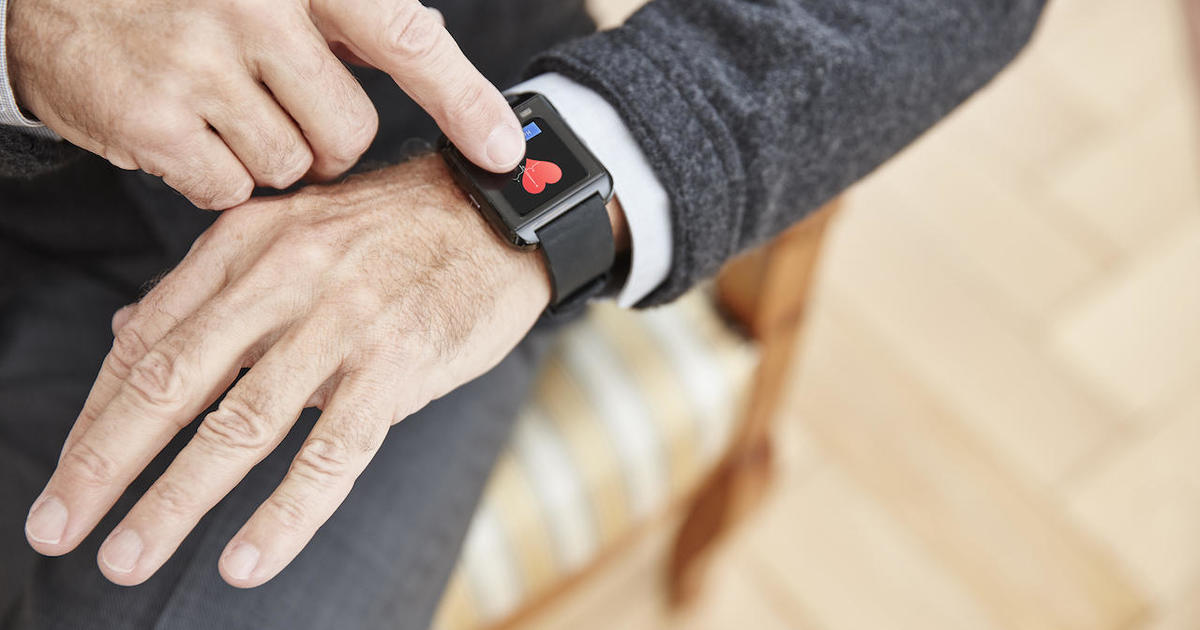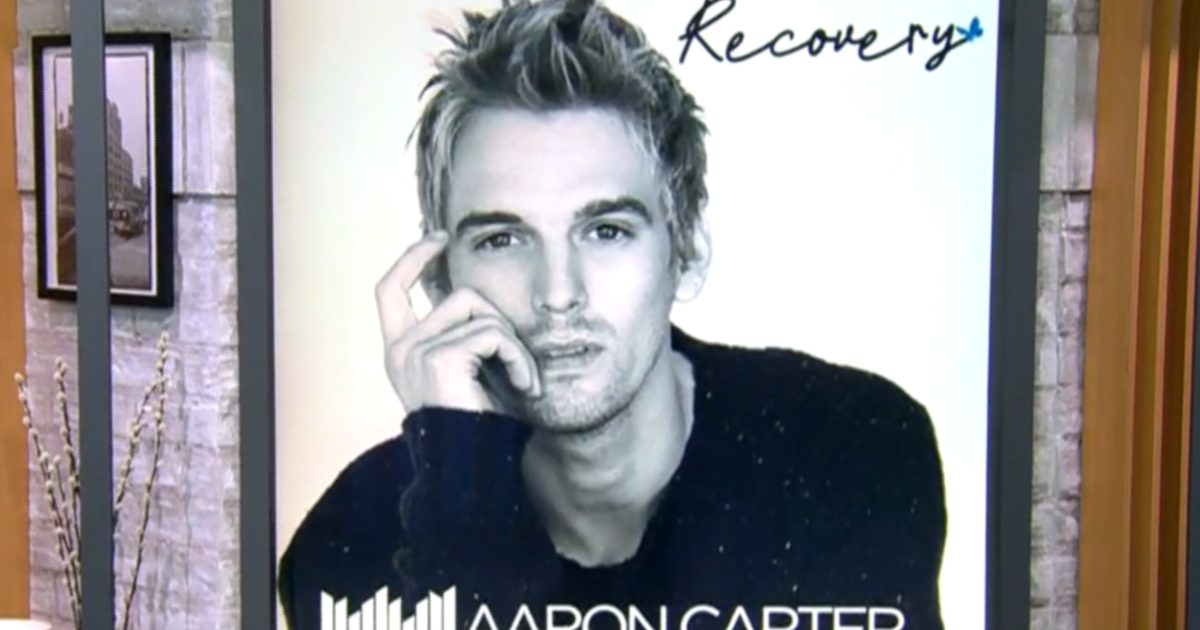Controversial apps accused of marketing plastic surgery to kids
Some controversial apps are under fire, accused of promoting plastic surgery and unrealistic standards of beauty to children. Apps like Beauty Clinic Plastic Surgery and Plastic Surgery Simulator turn medical procedures for the sake of beauty into a game. Users can perform different cosmetic surgery procedures like nose jobs and lip injections on animated characters to drastically transform their appearance.
The games are being targeted in a change.org petition that's using the hashtag #surgeryisnotagame. More than 128,600 people have signed the petition calling on Apple, Google, and Amazon to remove the games or make them less appealing to kids.
"Certainly when you look at some of the images in the app, they certainly look like they're geared toward young children," plastic surgeon Dr. David Cangello told CBS News. "The concern is that this is unmonitored and young kids have access to these apps."
Plastic surgery, Cangello says, is not something children are emotionally mature enough to process.
"At early ages we want to be promoting positive self body image and I think that plastic surgery, particularly cosmetic surgery, is more of an adult subject. There are things we don't just talk to our kids about," he said. "We don't talk to them about alcohol. We don't talk to them about sex until it's emotionally age-appropriate, and I think cosmetic surgery fits into the same subject matter."
Of course, Cangello notes that certain procedures are sometimes beneficial or even medically necessary for children. "I don't think there's any debate that reconstructive type procedures for craniofacial anomalies is certainly acceptable," he said.
And while this is the subject of debate, he notes that many believe procedures like otoplasty and rhinoplasty – to alter the size and shape of the ears and nose – can benefit children and teens who are teased and bullied.
"Fixing that situation can really have a positive impact on kids' self-esteem," Cangello said.
However, there's a consensus that when it comes to things like liposuction and lip augmentations, children are not emotionally mature enough to make these decisions.
Cangello says that the emergence of social media has "changed the game" when it comes to children being aware of and scrutinizing their appearance and younger and younger ages.
"Now, kids have smartphones that have cameras on them and they're constantly taking selfies," he said "so they're always analyzing their appearance and not only are they analyzing their appearance but now they're posting these pictures on social media so they know that the whole world is going to see these pictures and it's essentially a permanent photograph of them that will be out there forever."
In fact, a recent survey by the American Academy of Facial Plastic and Reconstructive Surgeons found 42 percent of surgeons said patients seek cosmetic procedures for improved selfies and pictures on social media platforms, a phenomenon Cangello says he's seen in his practice.
When it comes to whether parents or tech companies should bear the responsibility of making sure children aren't exposed to these plastic surgery game apps, Congello said it's ideally a bit of both.
"In my opinion, as a parent I think that parents should have some responsibility in this," he said, "but at the same time, I think if we know the tech companies are putting something out there that could be detrimental to kids, particularly at an age where kids are very self-conscious and we have problems with bullying, there's no point in contributing to that by adding to issues to self-esteem and self-image."
Apple spokesman Tom Neumayr told the Washington Post, "We do not want nor allow these types of apps on the store. We have rules in place against these apps and do not offer them on the App Store." The paper reports a search of the App Store on Tuesday showed that cosmetic surgery games were no longer available.
A spokesperson for Google said: "While we don't comment on specific apps, we do have strict policies in place to prohibit apps in the Families collection on Google Play that promote negative self-image or low self-esteem, regardless of theme or intended user age group. We're taking the feedback from the community very seriously & are working to ensure that these apps are in compliance with our policies."



